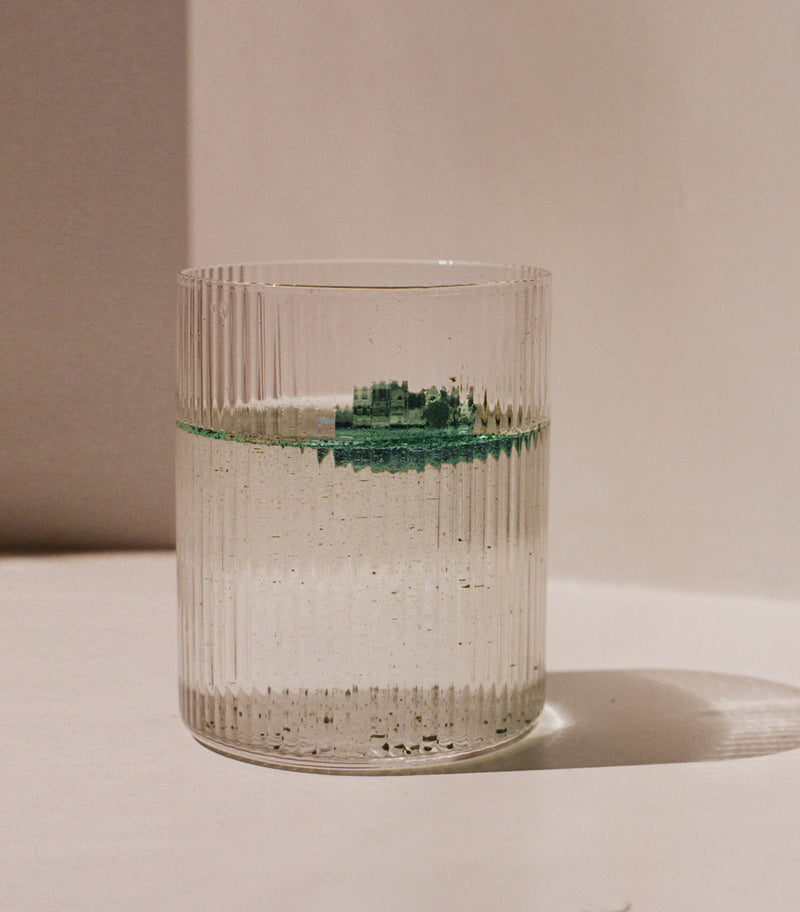When you first learn you’re pregnant, you’re flooded with recommendations and advice—what symptoms to watch for, how your hormones will fluctuate, tips to deal with morning sickness. But, one topic that isn’t as frequently talked about? How pregnancy uniquely alters your immune system and what that means for the next nine months.
As your body adapts to nurture your growing baby, it’s working in overdrive to keep you both protected. And, what researchers have discovered is that the immune system actually follows a carefully timed adaptation, evolving with each stage of pregnancy, which can impact everyone just a little bit differently. Here’s a breakdown of some of the changes you can expect as your pregnancy progresses, how it might make you feel, and what you can do to support yourself.
$44.95
$46.95
$49.95
Shop the Article:

Synbiotic Greens Powder
/ Month
Shop Now

Hormonal Balance Support*
/ Month
Shop Now

Mom Multi Support Pack
/ Month
Shop Now
Understanding Your Immune System
During pregnancy, the innate immune system—which is often referred to as your body’s first line as defense—becomes activated. How does the innate immune system function exactly? It protects the body against pathogens like bacteria and viruses through a makeup of physical barriers (skin, mucus, stomach lining), white blood cells and inflammatory chemicals. Since it responds the same way to every invasion, it can’t always prevent long-term or overall spread of germs and is dubbed as non-specific1.
If the innate immune system fails to work, the adaptive immune system kicks2 in—the adaptive immune system responds by targeting the specific kind of invader and remembers previous infections through T-cells and B-cells, allowing them to fight off infection faster. It takes longer than the innate immune system to kick in but when it does, it’s much more thorough and effective.
How does immunity change throughout pregnancy?
The ways your immune system shifts throughout pregnancy can be a bit complex.
According to the National Library of Medicine3, the immune system adapts in the first three months of pregnancy to recognize the fetus and produces more T-cells as well as relocating immune cells to the placenta. It also balances out the Th1-dominant (pro-inflammatory) response to a Th2-dominant (anti-inflammatory) response to prevent the immune system from attacking the developing fetus, which is partially made up of foreign paternal DNA. Additionally, in early pregnancy, physical defenses such as the mucus plug begin to develop to protect the uterus from infection4. As the fetus continues to grow, and your body works hard to support it, immunity fluctuates.
Researchers claim that the adaptive immune system becomes weakened in an effort to make sure the pregnancy is successful, but can impact your body’s ability to fight infections. This shift occurs from the aforementioned shift to a more anti-inflammatory state. This puts pregnant people in a specialized group prone to harsher symptoms for ailments like colds, the flu and Covid-19. However, even though it might feel like a bummer to learn you might be sick more often it is indeed a positive thing, as without your immune system lowering, it would mean that your body would potentially recognize the baby as an invader. On the flip side, the innate immune system becomes more active during pregnancy to compensate for the reduction in adaptive immunity. This includes enhanced activity from cells like macrophages and neutrophils, which help manage infections5.
How do you support immune function during pregnancy?
A few ways you can make sure you stay healthy throughout your pregnancy are by eating a nutrient rich diet, drinking plenty of water, and making time for rest—as well as taking your prenatal vitamins. You might also want to be aware, especially as cold season arrives, of how to protect yourself with regular hand-washing, masking if needed, and intaking more Vitamin C.
The immune system returns to its pre-pregnancy state pretty rapidly after giving birth. It’s important to note that this might result in flare-ups or susceptibility to infections, as the body begins to level out—so be easy on yourself. With due time, your immune system will be back in action.

theFolio in Your Inbox
Sign up to receive doctor-backed, stage-specific content in your inbox each week.
This article is for informational purposes only. It is not, nor is it intended to be, a substitute for professional medical advice, diagnosis, or treatment and we recommend that you always consult with your healthcare provider. To the extent that this article features the advice of physicians or medical practitioners, the views expressed are the views of the cited expert and do not necessarily represent the views of Perelel.
References:





















